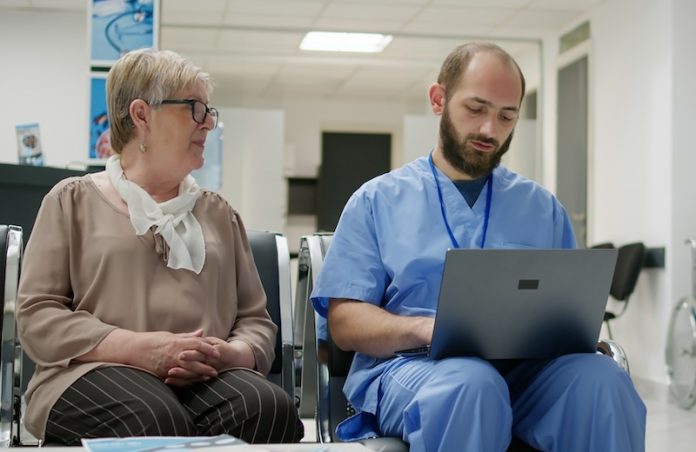
Dementia affects millions of people worldwide, causing memory loss, confusion, and a decline in daily functioning. It’s a devastating condition for patients and their families, and while there’s no cure yet, scientists are working hard to find better ways to prevent it.
One promising approach is precision medicine, which uses personalized information to help people reduce their risk of dementia before it develops.
Traditional medicine often takes a “one-size-fits-all” approach, offering the same treatments and advice to everyone. Precision medicine, however, focuses on the unique characteristics of each individual, such as their genes, lifestyle, and environment.
By tailoring strategies to each person, precision medicine offers more effective and targeted ways to prevent diseases like dementia.
Genetic testing is a key tool in precision medicine. Researchers have identified several genes linked to dementia, including the APOE gene, which has variants that can increase or decrease a person’s risk.
For example, someone with the APOE4 variant is more likely to develop Alzheimer’s disease, the most common form of dementia.
Knowing this information allows doctors to recommend specific lifestyle changes, such as eating a brain-healthy diet, exercising regularly, or managing cholesterol and blood pressure more aggressively.
Lifestyle factors also play a huge role in dementia prevention, and precision medicine helps tailor interventions based on individual needs. For instance, studies show that regular physical activity, a Mediterranean-style diet, and mental stimulation can lower the risk of dementia.
With precision medicine, AI-powered tools can analyze a person’s habits and suggest customized plans.
One person might benefit most from increasing their omega-3 intake, while another might need to focus on better sleep quality. These personalized recommendations go beyond generic advice, making them more impactful.
Precision medicine isn’t just about prevention—it also helps detect dementia earlier. Advanced imaging techniques and blood tests are being developed to identify early signs of brain changes before symptoms appear.
Researchers have found that combining these methods with genetic and lifestyle data improves accuracy. For example, studies have shown that AI models trained on this data can predict cognitive decline years in advance, giving people a chance to take action before significant damage occurs.
A groundbreaking area of research involves the use of biomarkers, which are measurable substances in the body that indicate disease risk. For dementia, biomarkers like certain proteins in the blood or cerebrospinal fluid can signal early brain changes.
Precision medicine uses these biomarkers to monitor a person’s brain health over time. This approach not only identifies who is at risk but also helps track the effectiveness of preventative strategies.
Emerging evidence suggests that inflammation in the body may contribute to dementia. Precision medicine is helping to uncover how this works and which treatments might reduce inflammation in at-risk individuals.
For example, some studies are exploring anti-inflammatory drugs and their potential to delay or prevent dementia.
Other research is looking at gut health, as the gut-brain connection appears to influence cognitive decline. By analyzing a person’s microbiome, precision medicine could offer new ways to protect brain health.
While precision medicine is still in its early stages, its potential is enormous. The combination of genetic insights, advanced technology, and personalized strategies is reshaping how we think about dementia prevention.
It empowers individuals to take proactive steps based on their unique risk factors, offering hope for a future where fewer people experience this heartbreaking condition.
In conclusion, precision medicine is opening new doors in the fight against dementia. By focusing on each person’s individual needs, it provides smarter, more effective ways to prevent the disease before it starts.
As research continues, this innovative approach could significantly reduce the burden of dementia, improving the lives of millions around the world.
If you care about brain health, please read studies about inflammation that may actually slow down cognitive decline in older people, and low vitamin D may speed up cognitive decline.
For more information about brain health, please see recent studies about common exercises that could protect against cognitive decline, and results showing that this MIND diet may protect your cognitive function, prevent dementia.
Copyright © 2024 Knowridge Science Report. All rights reserved.



